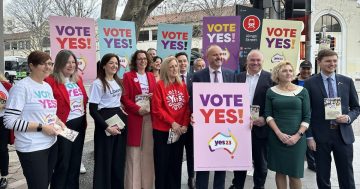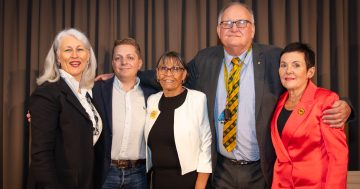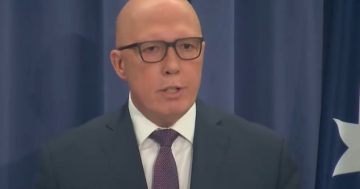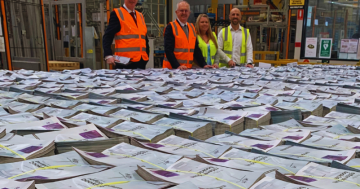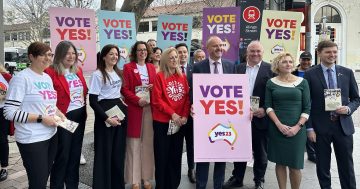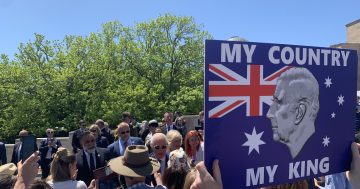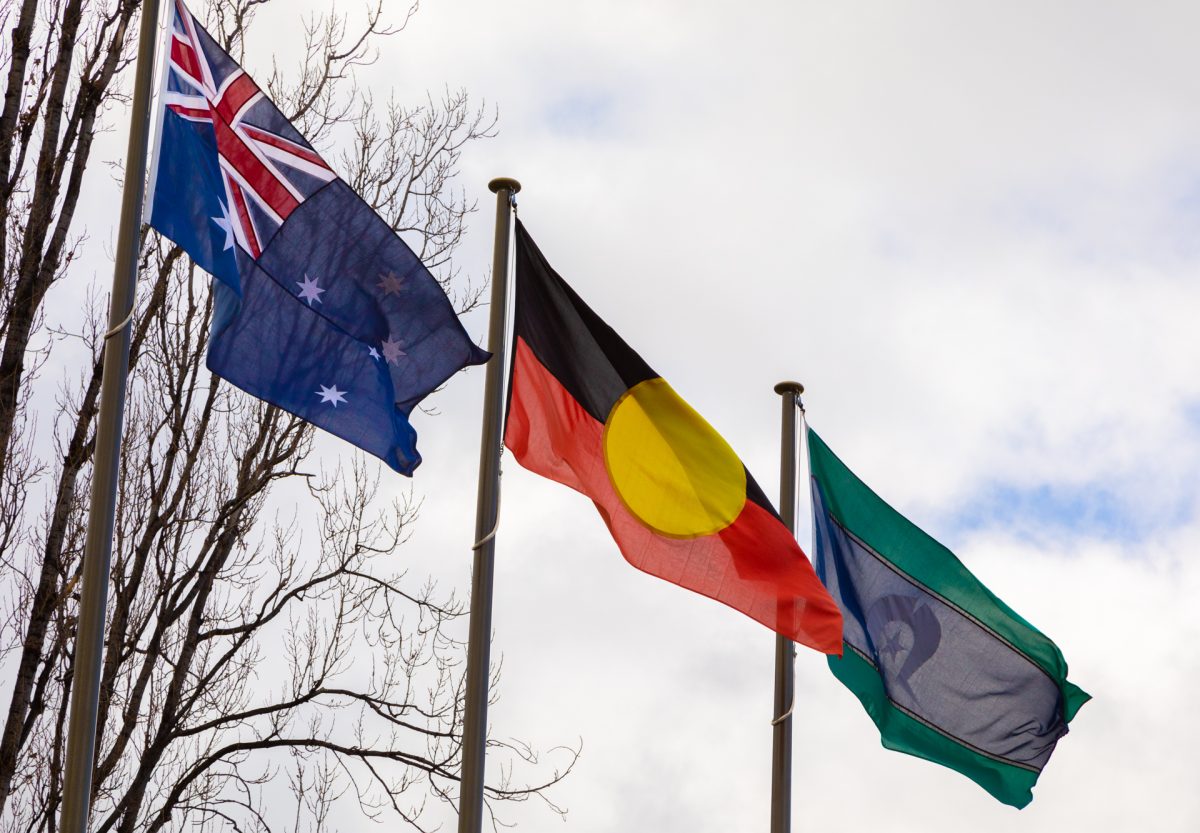
If the Voice referendum fails, what next for the nation? Photo: Michelle Kroll.
Last week it was a semantic “argument” about the length of the Uluru Statement, fermented in the conspiracy factories of the Murdoch media machine.
I don’t care if it’s one page or 26 pages. The proposition remains simple: constitutional recognition for the original inhabitants of this country through a Voice to provide grassroots advice to government to find new ways to tackle the nation’s ongoing colonial problem.
That is, the issues created by European settlement’s dispossession and fragmenting of Australia’s First Nations. It is not the Aboriginal problem that needs to be fixed.
The false equivalence of media coverage has enabled the No advocates to claim an unearned legitimacy and grow its constituency, while the social media swamp has bred all kinds of conspiracy theories, racist tropes and outright lies.
The strategy is a familiar one now – mislead, amplify fear and sow discord and doubt.
It works. From overwhelming support in the polls earlier in the year, surveyed voters have shifted ground to the point where the referendum may well be lost, unnerved by the ongoing firehose of negative commentary.
It’s got to the point that the arguments and claims are going round in circles, often with the same columnists churning them out in marginally reworked iterations.
It doesn’t matter how many times claims are refuted, shown to be wrong or how horrible the slur is. They just won’t go away.
From a former prime minister’s nonsense about legislated victimhood, to appealing to tribalism, to pitting immigrants against a culture with a 60,000-year history on this continent, to treating the Constitution like it is a sacred text, to naked political opportunism, the No campaign has plumbed the depths.
We are at the point where the referendum debate is threatening to do more harm to First Nations, as the marriage equality poll campaign did to some LGBTQIA+ people.
Australia’s precious social fabric is also at risk, the No campaigners glibly assert, knowing full well they are the ones hoping to profit from that division.
I would like to think that the polls are wrong, that there is inbuilt bias in the samples and that on the whole, like the marriage equality vote, Australians will see the reasonableness in the proposition and that this will draw a line under our colonial past and propel the nation forward.
Because what has gone before has not worked.
Prime Minister Albanese needs to rally support for the Yes vote and make a decision on the referendum date to galvanise minds on the question and what is at stake.
What happens after the referendum if it fails? What do the No campaigners propose as an alternative? Well, they don’t propose anything, and that should be remembered.
Where will First Nations’ hopes and aspirations for their children be directed, or will defeat usher in a new era of hardened defiance or abject resignation?
And what will it mean for the nation’s soul?
What will this week bring? What revelation on Sky News or X, the anything-goes site formerly known as Twitter, or the latest fake Facebook page will be blown up out of all proportion under the Murdoch mastheads?
I’m over it, and ready to vote, are you?














